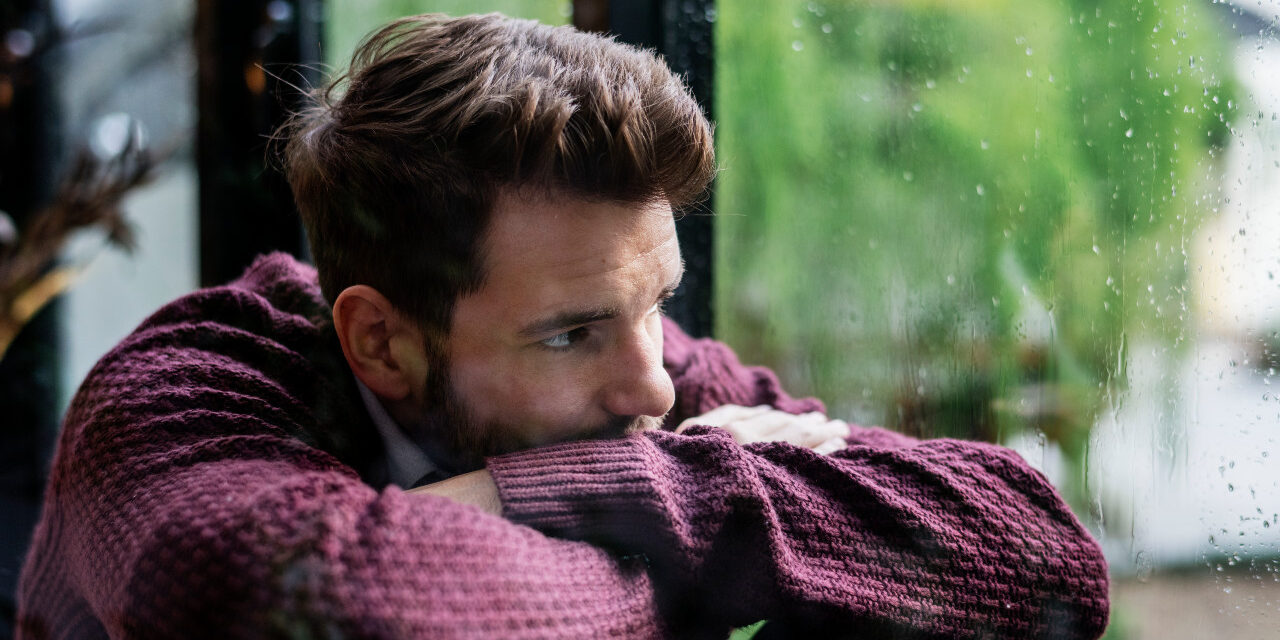-
Why the APA’s findings are so reliable
Let’s start with why we can trust the data in your article.
- The American Psychological Association (APA) is the largest and most respected professional organization for psychologists in the world. They set the gold standards for research ethics, publish peer-reviewed journals like American Psychologist, and provide mental health guidelines that doctors and therapists rely on. When the APA releases studies or statements, it’s after thorough review by top experts.
The research you mentioned came from major APA-backed studies examining how men who cling tightly to traditional masculine norms (like emotional suppression, always needing to dominate, or refusing vulnerability) are:
- More likely to suffer depression and anxiety
- More prone to stress-related diseases like heart problems and high blood pressure
- Likely to live shorter lives overall
Examples of respected places that break this down even more:
- APA’s own summary on how traditional masculinity harms mental health
- Harvard Health on how suppressing emotions literally worsens your physical health
- The Mayo Clinic discussing how men’s refusal to talk about feelings leads to higher suicide and substance abuse.
Because these findings come from massive studies, using decades of clinical data and robust peer-reviewed evidence, they’re about as reliable as social science gets.
What does this data actually mean?
It tells us that “man up” culture isn’t just old-fashioned — it’s dangerous.
When boys grow up hearing:
- “Don’t cry.”
- “Tough it out.”
- “Never show weakness.”
They learn to hide fear, sadness, and even physical pain. Over years, this constant emotional bottling takes a huge toll. Their stress chemicals stay elevated, which strains the heart, weakens the immune system, and increases the risk of everything from ulcers to diabetes.
Even worse, it means men don’t reach out for help. So depression goes untreated, grief becomes drinking, and anxiety turns into chronic anger. Is it any wonder men make up almost 80% of suicides in the U.S.?
What does the APA say about reversing this?
The APA isn’t just diagnosing problems — they offer clear ways to turn it around:
- Normalize therapy and talking about feelings. When men learn that expressing sadness or fear isn’t weak but human, they cope better and live longer.
- Encourage strong friendships. Men often bond over sports or work but rarely open up about personal struggles. Teaching that real friendship means sharing burdens can cut depression.
- Teach boys early on that vulnerability is strength. Instead of mocking them for tears, we could show that managing emotions is a critical life skill.
This means the problems highlighted by the APA are absolutely fixable. But it requires changing cultural expectations — from locker rooms to living rooms.
So why aren’t we doing this? Who’s blocking it?
A lot of forces keep us stuck in the same harmful patterns:
- Modern media still often portrays “real men” as stoic loners or violent heroes. Emotional men get shown as punchlines or weak side characters.
- Feminist groups and many women’s rights nonprofits often focus on dismantling male power in business or politics, but rarely invest resources in teaching boys emotional health. Some even see campaigns around men’s feelings as distractions from women’s issues.
- Political groups like to talk tough because “soft” doesn’t win votes. So male vulnerability rarely makes it into campaign speeches.
- The justice system and workplace policies also reinforce old codes: men are expected to tough out long hours, suppress stress, and never admit personal struggles that might “jeopardize leadership potential.”
So the result? Society pushes men into exactly the behaviors the APA proves are shortening their lives.
What’s the ripple effect on families and communities?
When men are pressured to hide feelings and never get help:
- They become emotionally distant partners, which strains marriages.
- They disconnect from children, so kids miss out on seeing healthy emotional models.
- They lash out under pressure, driving cycles of domestic conflict or simply withdrawing altogether.
And communities lose. Men who are isolated by mental health struggles or who die early from stress-related illnesses can’t volunteer, mentor younger generations, or build stable local economies.
Why should women and even feminist advocates care?
Because when men are emotionally healthy, everyone benefits.
- Relationships are stronger. Couples handle conflict better.
- Kids grow up learning that feelings are manageable, not shameful — breaking cycles of trauma.
- Economies thrive because emotionally balanced men are more productive, miss fewer days from stress illnesses, and contribute more to communities.
True gender equality means caring about men’s health too — not just physically, but emotionally. Because masculinity isn’t the enemy; toxic pressure to “man up” is.
More examples from respected research
- Harvard Health shows that suppressing emotions actually leads to higher risks of heart disease, hypertension, and premature death.
- American Psychological Association details how men adhering to rigid masculine norms are more prone to substance abuse, violent outbursts, and suicide.
- The National Institute of Mental Health highlights how men’s refusal to seek help makes them die at far higher rates from suicide than women.
The big question: Who does “man up” culture really serve?
When we look closely, these rigid norms don’t truly benefit men — or women. They protect outdated illusions of what men should be: silent workhorses, always tough, never tender. That model might help old power structures stay comfortable, but it kills men and leaves families emotionally poorer.
If men were encouraged to be fully human — strong and emotionally aware — wouldn’t marriages, children, and entire communities thrive more?
Bottom line: Respecting men means letting them be whole people
The APA’s findings make it crystal clear: forcing men to bottle up emotions and disdain vulnerability is literally shortening their lives. If we truly respected men, we’d break this culture open, celebrate emotional honesty, and stop mocking or shaming men who seek help.
That wouldn’t just save lives. It would give men richer, more connected relationships and build stronger families and communities. Isn’t that worth rewriting the old rules for?
Want more?
“Man Up” Culture Kills











